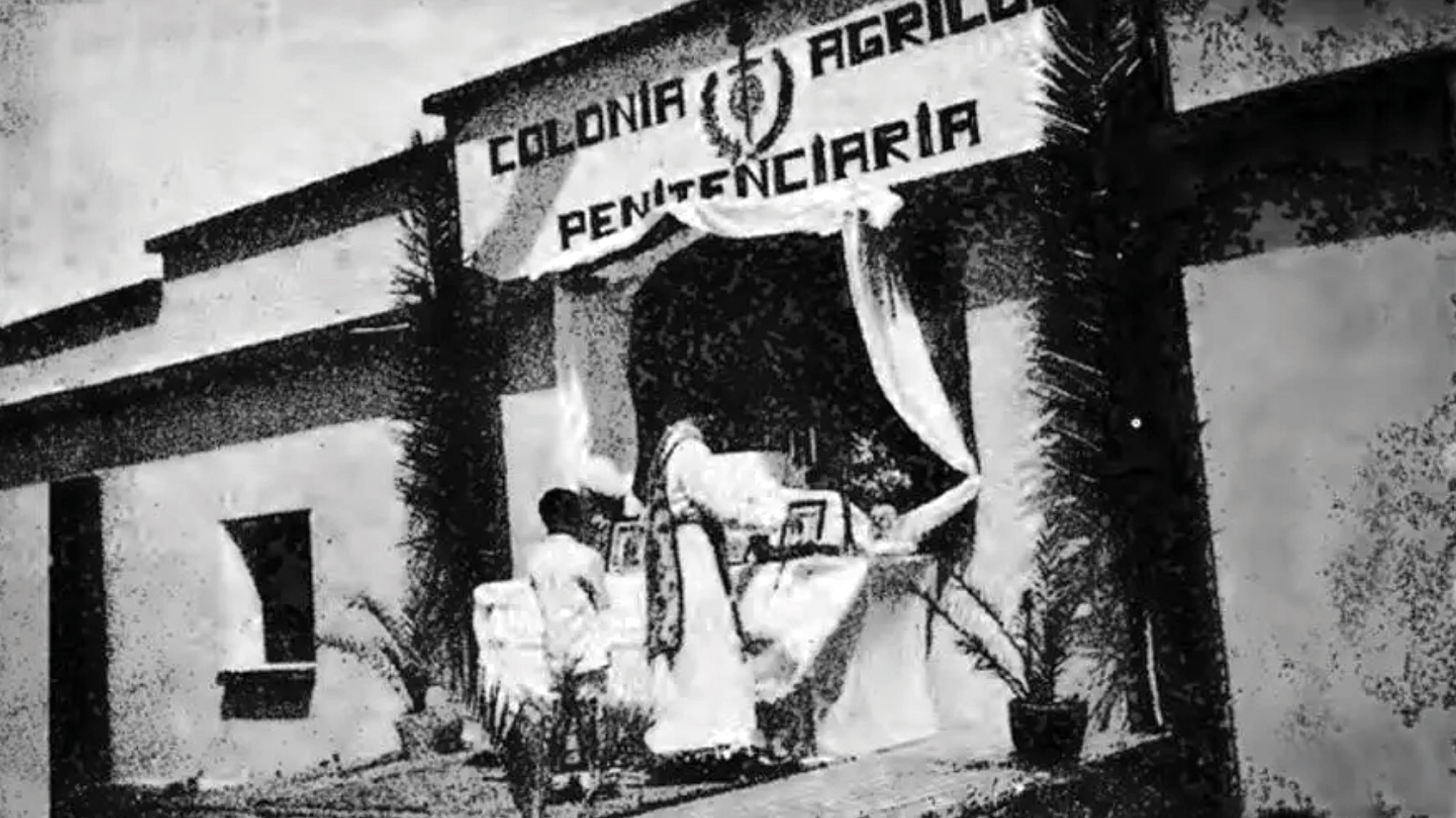

Fuerteventura (Canary Islands), 11 February 1954. The Agricultural Colony of Tefia was launched at the abandoned airport of the island, in the middle of the desert. After the euphemism of the agricultural colony, in practice, Tefia was a concentration camp known mainly for the repression of members of the LGBTI community. But when they opened the space 60 years ago, there were no homosexual prisoners or, at least, convicted of that cause.
The Tefia area was used from the outset to “correct” those convicted of violating the Alfer and Criminals Act. The law dates from 1933, II. Republican, and he didn't consider homosexuality a crime. But a few months after the Tefia area opened its doors in July 1954, the Franco government decided to amend the law by adding “homosexuals” to the list of criminals.
Little documentation and concrete data on Tefia. It was in operation for twelve years and was closed in 1966 for lack of prisoners. In total, there were between 250 and 300 prisoners, of whom about 80-100 were charged with homosexuality; they were young people between 18 and 23 years old, all men.
The director of the early years was a former carmelite of Vitoria, called Prudencio de la Fuente or Prudencio de la Casa, which could have two positions of the same name.
The director of the early years was a former carmelite of Vitoria, called Prudencio de la Fuente or Prudencio de la Casa, which could have two positions of the same name.
But the testimony of imprisoned prisoners, Tefian, is what we know most about what has happened there. Juan Curbelo and Octavio García talked about what he lived there, both condemned for homosexuality. In this Agrarian Colony they learned little from agriculture; for long hours they were forced to bite the stone, they were beaten at any time, the food was very scarce and, to alleviate extreme hunger, in exchange for food, they came to prostitute themselves with the officials.
They had to serve the sentences of one to three years, but the penalty didn't end there: they were leaving prison, they were forbidden to return to town another year, and then they had to go to the police station every month to sign the control documents for five years.
And although the Tefia concentration camp was closed in 1966, homosexuality would not quickly decriminalize itself. The Law on Vagos and Criminals was suspended in 1970, but was replaced by the Law on Risks and Social Rehabilitation, which continued to punish homosexuality. In the end, 4 years after Franco's death, in 1979 homosexuality ceased to be a crime in the Spanish state.